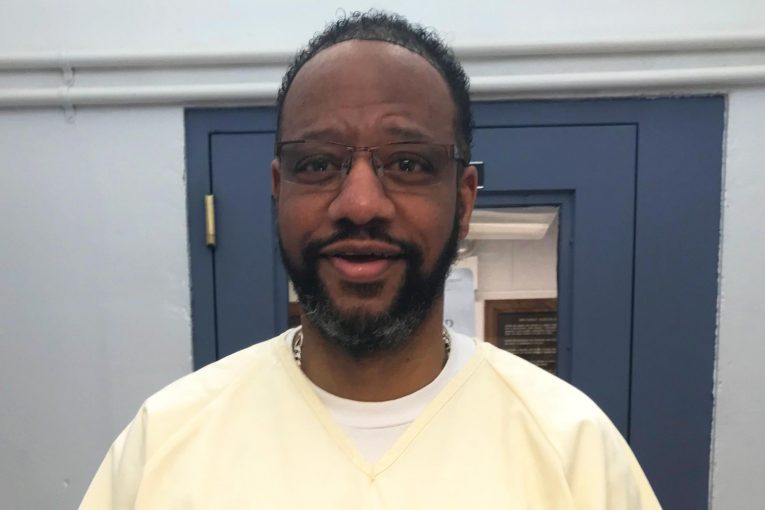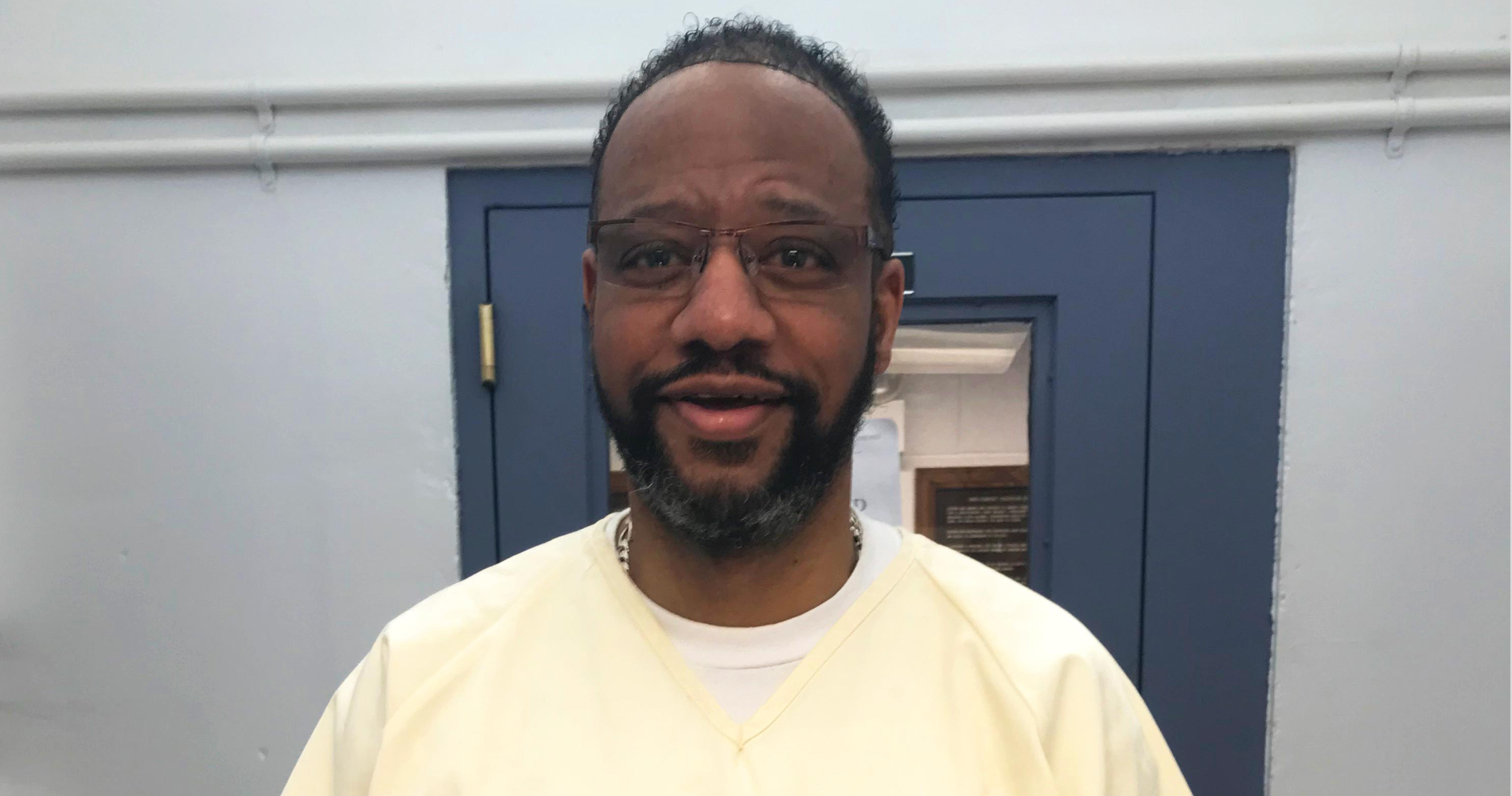
 By Lauren Smith
By Lauren Smith
TENNESSEE – Friday, Governor Bill Lee of Tennessee granted defendant Pervis Payne, a man whose execution was scheduled for December 3, a reprieve until April 9, 2021 because of the COVID-19 pandemic.
Payne “a Black man with intellectual disability,” according to his appeal filings, was convicted of murdering Charisse Christopher and her two-year-old daughter in 1988 and was sentenced to death.
For the past 32 years, Payne’s legal team and “powerful coalition of 150” have worked tirelessly to exonerate him – specifically, to test DNA evidence that was never tested in the original trial, to find evidence that “mysteriously vanished from the evidence room.”
In a document, Payne’s advocates lay out their multiple lines of reasoning as to why Payne is innocent and why their clients execution should be delayed.
Payne’s attorney Kelley Henry and the coalition have zeroed in on some of the missing evidence writing, “Inexplicably, the State is unable to account for important missing pieces of forensic evidence,  claims no knowledge of their whereabouts, and cannot explain why the evidence was not meticulously preserved. More than a dozen items of evidence that have never been subjected to DNA analysis are currently being tested…The never before tested evidence includes a knife, a tampon, and bloodstained items.”
claims no knowledge of their whereabouts, and cannot explain why the evidence was not meticulously preserved. More than a dozen items of evidence that have never been subjected to DNA analysis are currently being tested…The never before tested evidence includes a knife, a tampon, and bloodstained items.”
The document also discussed Payne’s intellectual disability and stated that in the 2002 Atkins v Virginia case, the U.S. Supreme Court ruled that executing people with intellectual disabilities violates the Eighth Amendment cruel and unusual punishment clause.
Dr. Daniel Martell performed “recent exams” that led to the conclusion that Payne’s IQ led to a “diagnosis of [an] intellectual disability [that] is consistent with standards set by the American Association of Intellectual and Developmental Disabilities and the American Psychiatric Association.”
Despite the Tennessee Supreme Court acknowledging Payne’s intellectual disability, it “concluded that no procedural mechanism exists for Mr. Payne to present his Atkins claim.”
Henry argued that, “Governor Lee was right to delay Pervis Payne’s execution due to the COVID-19 crisis. Bringing witnesses into the prison is unsafe for them, the staff, and the prisoners. This additional time will give the Tennessee Legislature the opportunity to pass bi-partisan legislation to allow Mr. Payne’s and others’ claims of intellectual disability to be heard in court.
“The U.S. Supreme Court and the Tennessee Supreme Court has held that the execution of people with intellectual disability is unconstitutional. Currently, there is no process for people with intellectual disability in Mr. Payne’s procedural posture to have their claims heard in court. We are grateful to Rep. G.A. Hardaway and the Tennessee Black Caucus of State Legislators for filing bi-partisan legislation to create such a procedure.
“This additional time will also allow us to investigate Mr. Payne’s strong innocence claim, together with the Innocence Project. We are grateful to the 150 faith, legal, legislative, and community groups in Memphis and across the state that support clemency for Mr. Payne. Together with Mr. Payne’s family, we will continue the fight to prove Mr. Payne’s innocence.”
To sign up for our new newsletter – Everyday Injustice – https://tinyurl.com/yyultcf9
Support our work – to become a sustaining at $5 – $10- $25 per month hit the link: